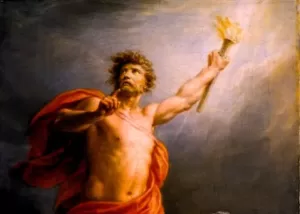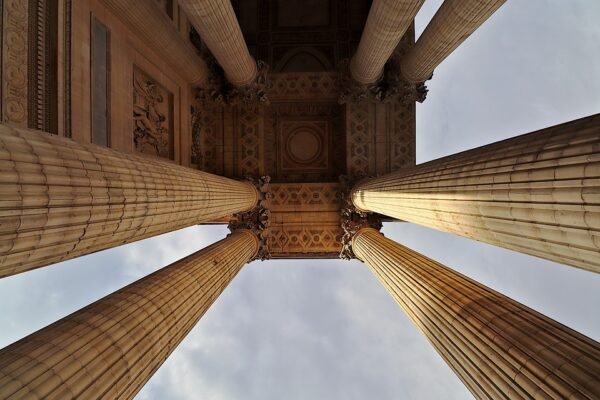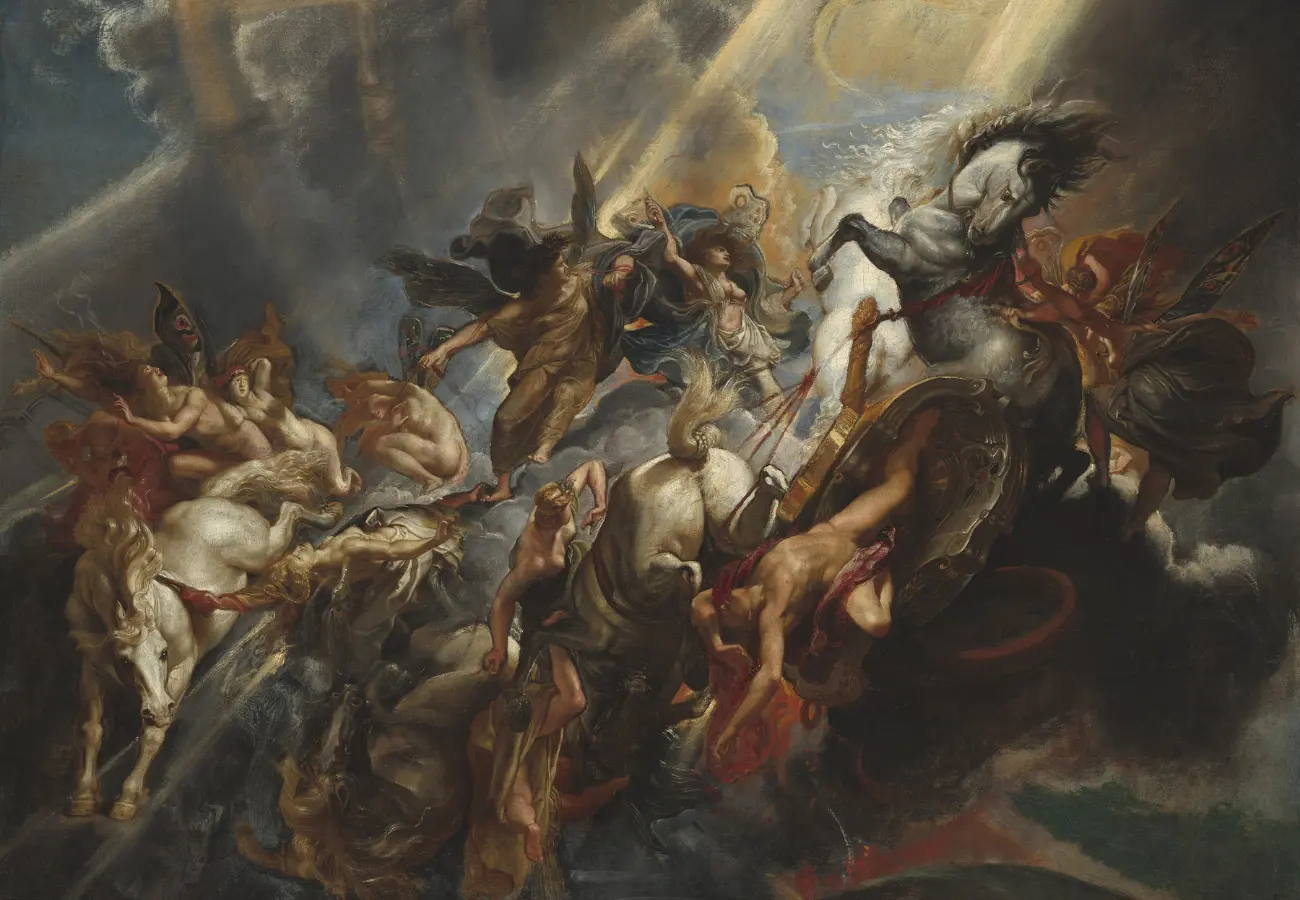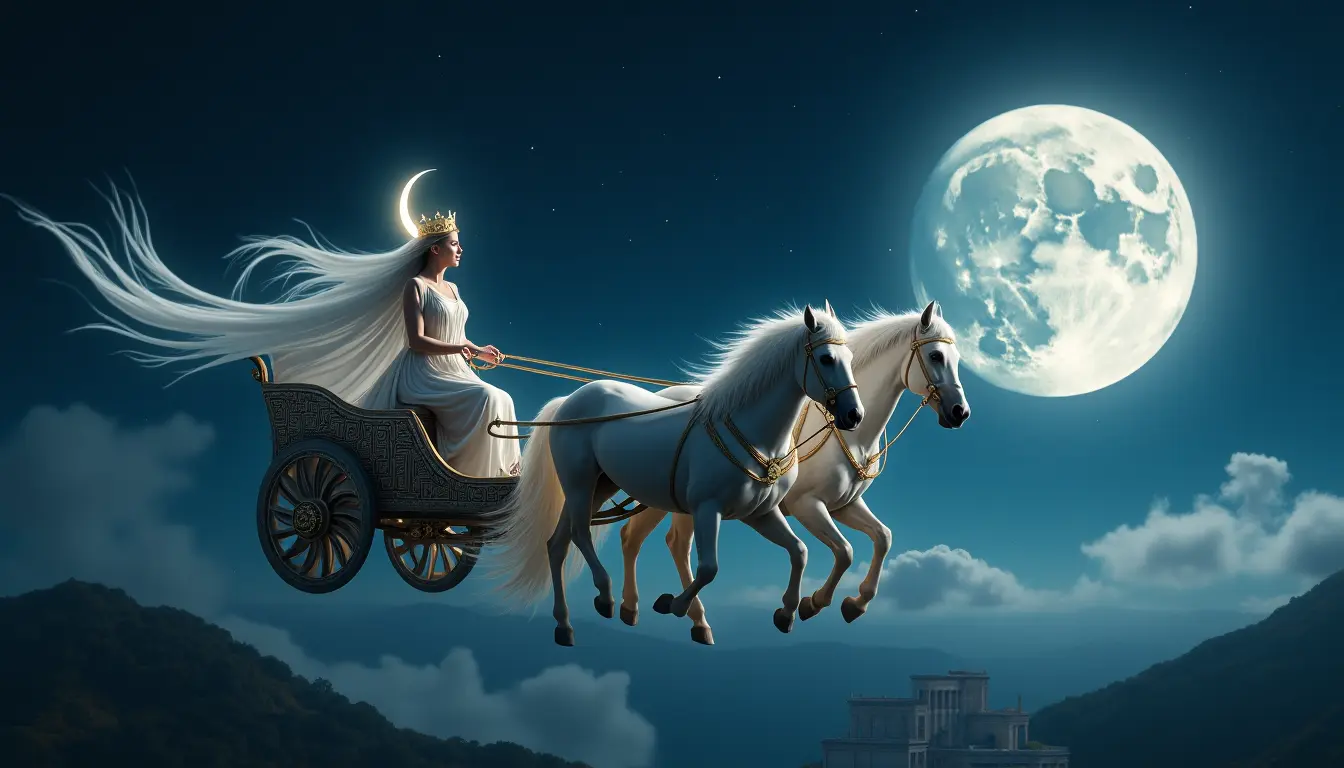

The God of Fire and the Creator of Mankind in Greek Mythology – Retro Timeline
Prometheus, the god known for his cunning and intelligence in Greek mythology, was a son of the Titan Iapetus and the Oceanid Clymene. As a member of the powerful and ancient race of deities that predated the Olympians, Prometheus was revered for his actions that benefited humanity. One of his most notable feats was stealing fire from the gods and giving it to mortals to bring them light and warmth. This act of defiance against Zeus, the king of the gods, led to Prometheus being punished by being chained to a rock and having his liver eaten daily by an eagle.
Despite his suffering, Prometheus remained a hero to mortals, teaching them skills and crafts and helping them resist the tyranny of the gods. He symbolized human progress and enlightenment, showcasing the power of the human mind over the forces of nature. Prometheus’s story is a testament to his resilience and dedication to humanity.
As a member of the Titan race of gods who ruled before the Olympians, Prometheus played a crucial role in the creation of humanity. After the Olympians defeated the Titans in a great war known as the Titanomachy, Prometheus decided to create a new race of beings to worship and honor the gods. Using his wit and ingenuity, he molded humans from clay and brought them to life with the help of Athena, the goddess of wisdom. Additionally, Prometheus stole fire from the gods and gifted it to humans, along with intelligence and reasoning abilities, setting them apart from animals.
The act of creating humanity and granting them fire led to Prometheus facing the wrath of Zeus. Despite the consequences, Prometheus’s intervention forever changed humans, sparking a desire for knowledge and understanding that continues to shape our world today. The myth of Prometheus creating humanity is a powerful narrative that reflects the human quest for enlightenment and progress.
In another myth involving Prometheus, he played a role in Pandora’s creation and Zeus’s punishment. Pandora, the first mortal woman created by the gods, was given a box by Zeus with a warning not to open it. However, curiosity got the better of Pandora, and she unleashed evils and sorrows upon the world by opening the box. In response, Zeus sought to punish Pandora and humanity, enlisting Prometheus to bestow a curse upon them. However, Prometheus, seeing the injustice of Zeus’s plan, devised a cunning scheme to protect humanity from the god’s wrath, showcasing his defiance against the will of the gods.
Prometheus’s influence extends beyond mythology into literature and art. From ancient Greek playwright Aeschylus to 19th-century novelist Mary Shelley, many creators have drawn inspiration from the myth of Prometheus. Aeschylus’s play “Prometheus Bound” portrays the Titan’s punishment by Zeus for giving fire to humans, exploring themes of rebellion and power. Mary Shelley’s novel “Frankenstein” is often seen as a modern retelling of the Prometheus myth, delving into themes of responsibility and the consequences of playing god.
In visual art, Prometheus chained to a rock has been a popular subject since ancient times, with notable artists like Praxiteles, Peter Paul Rubens, and Michelangelo depicting the Titan in their works. Modernist artists like Pablo Picasso and Max Ernst have also reinterpreted the myth, using Prometheus as a symbol of rebellion against authority. The enduring appeal of the Prometheus myth lies in its exploration of universal themes such as defiance, sacrifice, and human creativity, resonating with audiences across centuries and cultures.







